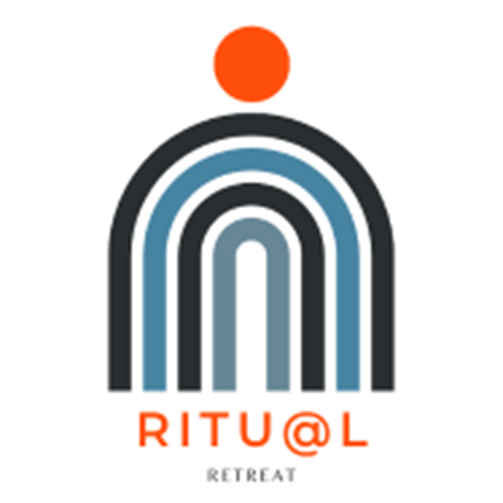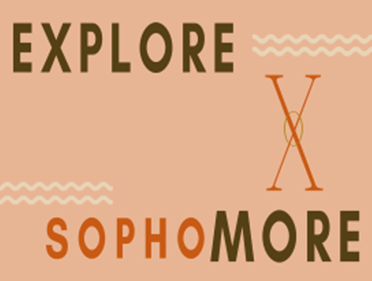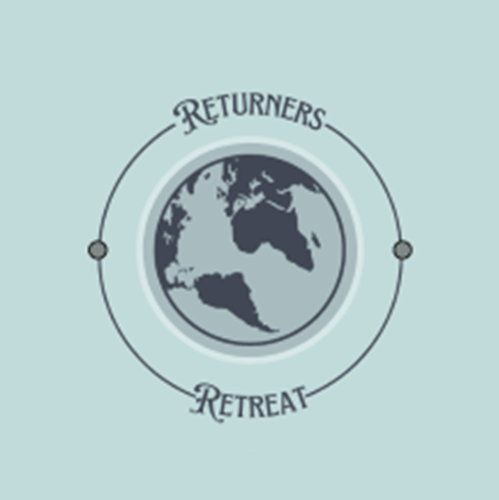
Lake Michigan at Björklunden
First Year
Start with a retreat! A small group of First Years are invited to campus before classes begin. RITU@L is designed to support you as you shift ordinary routines into intentional rituals that foster well-being for a sustainable, connected Lawrence experience.
Sophomore
Hungry for big thinking, honest conversation and deep exploration? EXPLOREsophoMORE was created to challenge you to ask the big questions that accompany the college experience. Who am I (really)? Where do I belong? And what am I here to do?
Junior
Want to connect with others who studied off-campus? Want to integrate your off-campus studies into your life? The Returners Retreat was created to ease your transition back to campus life. Through reflective activities designed to process your time off-campus, we will think through what a return to campus can look like for you.
Senior
Senior year is full of celebrations, memories, and future plans.
Baccalaureate is a multi-faith celebration of the senior class’ spiritual journey. Join the planning team to create a multi-spirit, multimedia service that inspires and offers lasting lessons during commencement weekend.


